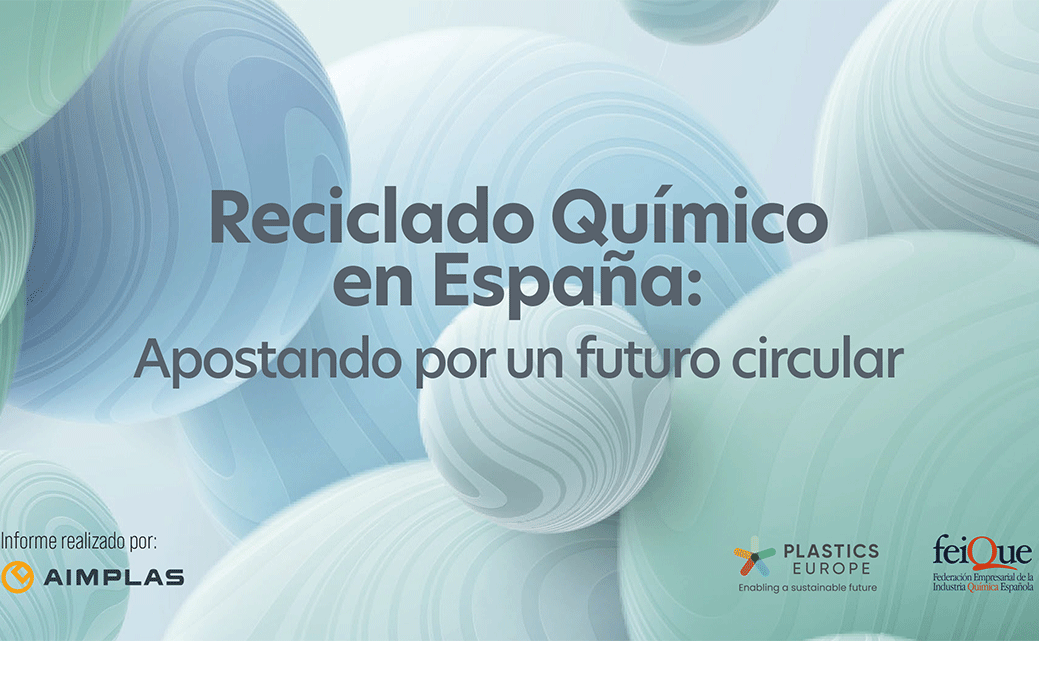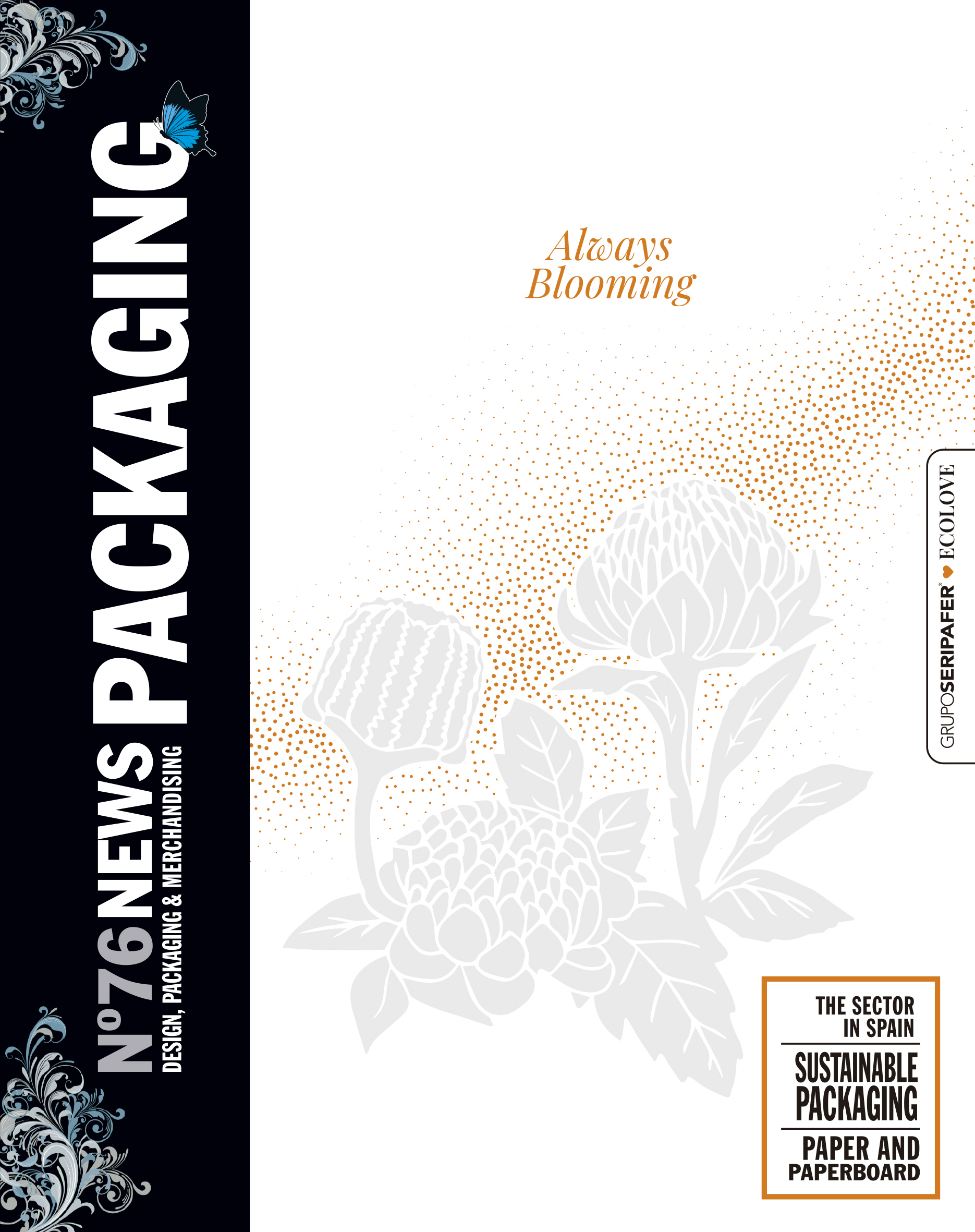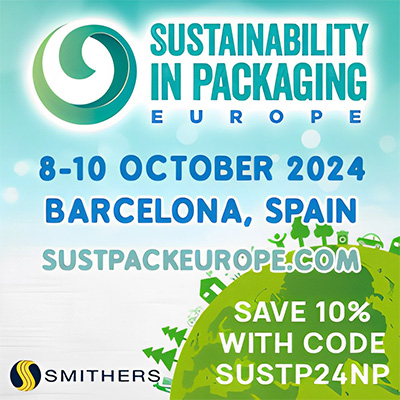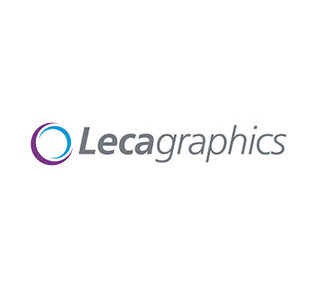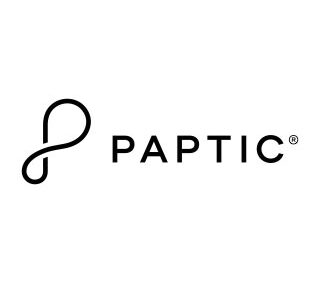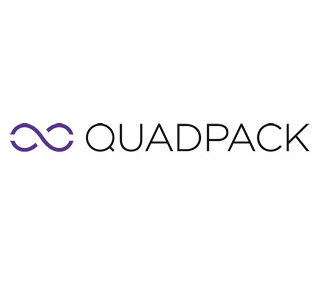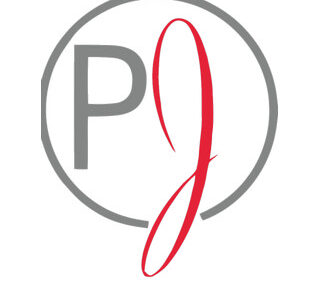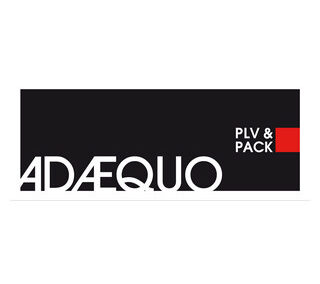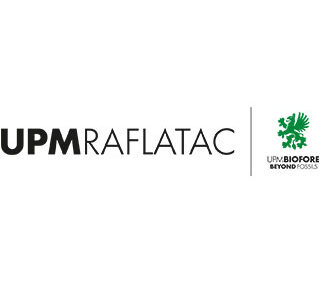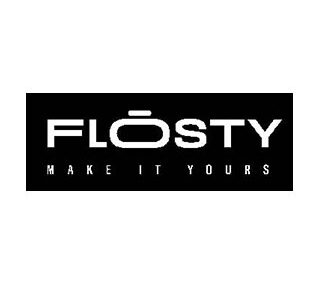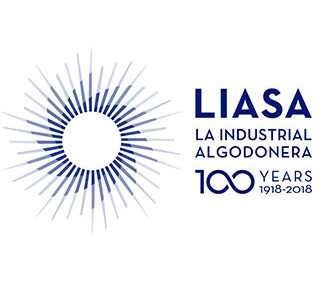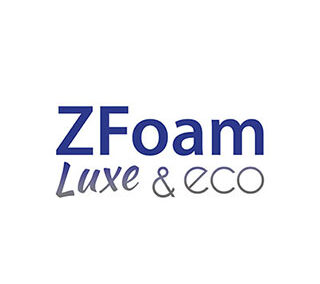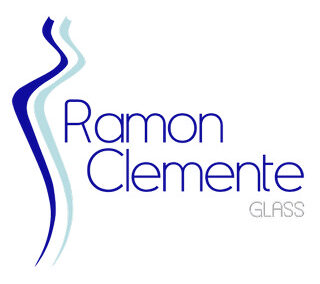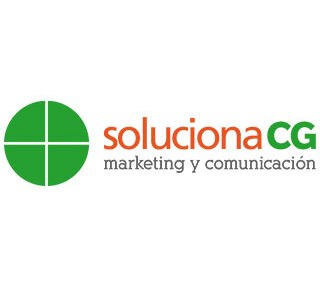PlasticsEurope (pan-European association of plastics producers), feique (Business Federation of the Spanish Chemical Industry) and aimplas (Plastic Technological Institute) have presented the report “Chemical Recycling in Spain: Betting on a circular future”, the first study in which the situation and degree of implementation of the chemical recycling in Spain and a prospective future is made, taking into account the important business investments already announced for the development of this technology. One of the main conclusions of the study is that, based on the multiple investments that are going to be undertaken, it is estimated that by 2025 the waste treatment capacities for chemical recycling will multiply by 40, reaching almost half a million tons for that date.
The report offers an overview, present and future of the chemical recycling industry in Spain and its potential contribution to the circular economy and climate neutrality.
Chemical recycling is the set of technologies that allows plastic waste (and other materials) to be broken down into its basic components and transformed into valuable secondary raw materials to produce new chemical and plastic products, thus favoring the circularity of resources. This technology allows the treatment of plastic waste that cannot be mechanically recycled and is currently deposited in landfills or incinerated.
Products made with plastic materials, at the end of their useful life, become waste that must be properly managed and recycled in order to reintroduce them into production processes, thus favoring the transition towards a low-carbon circular economy. Recycling technologies are diverse: from mechanical to chemical through dissolution (or physical) recycling. The union and complementarity of these are fundamental levers to achieve the objectives of sustainability, circularity and climate neutrality of the European Union and of the industry itself.
As stated in the report, the implementation of chemical recycling on an industrial scale requires a stable and predictable regulatory framework that defines recycling based on technological neutrality. In addition, public-private collaboration is necessary, together with the rest of the agents in the value chain of the plastics ecosystem. In this sense, the report indicates that Spain is also a pioneer in terms of the regulatory framework since, with the Law on Waste and Contaminated Soil for a Circular Economy, our country has become the first in the European Union to include chemical recycling in a legislative document. Likewise, it is the first European country to approve a non-law proposal to promote the use of products recovered by chemical recycling processes of plastics.
However, for this type of recycling to reach its full potential, many challenges lie ahead, such as developing clear end-of-waste criteria or recognizing mass balance as a methodology for traceability of recycled chemical content from these new technologies.

